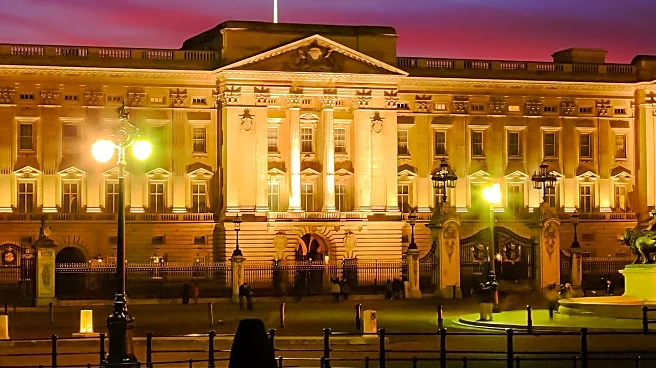What's Happening?
London museums are increasingly hosting after-hours events to attract new visitors and diversify revenue streams. The British Museum, for example, has partnered with itsu to offer solo dining experiences in its Japan galleries, challenging the stigma
around eating alone. The Natural History Museum has expanded its after-hours program, offering silent discos, yoga sessions, and themed parties. These initiatives aim to draw local audiences and provide unique experiences, leveraging the museums' spaces and resources creatively. The events also serve as a financial strategy, helping museums cope with funding challenges and rising operational costs.
Why It's Important?
The after-hours events reflect a broader trend in the museum sector towards community engagement and financial sustainability. By offering unique experiences, museums can attract diverse audiences, including those who might not typically visit. This approach is crucial as international visitor numbers remain below pre-pandemic levels, prompting museums to focus on local communities. The financial aspect is significant, as museums face funding shortfalls and increasing overheads. After-hours events provide a vital revenue stream, supporting free public access to permanent collections and helping maintain aging infrastructure.
What's Next?
Museums are likely to continue expanding their after-hours offerings, exploring new partnerships and event formats to engage audiences. As remote work becomes more common, museums may need to adapt their programming to accommodate changing visitor patterns. The success of these initiatives could inspire other cultural institutions to adopt similar strategies, potentially leading to a more vibrant and accessible cultural landscape. Additionally, museums may seek to balance commercial events with community-focused programming to ensure broad appeal.
Beyond the Headlines
The emphasis on after-hours events highlights the evolving role of museums as cultural hubs and community spaces. By offering diverse experiences, museums can foster inclusivity and challenge traditional perceptions of cultural institutions. This shift may also encourage greater collaboration between museums and other sectors, such as hospitality and entertainment, creating new opportunities for innovation and growth.















